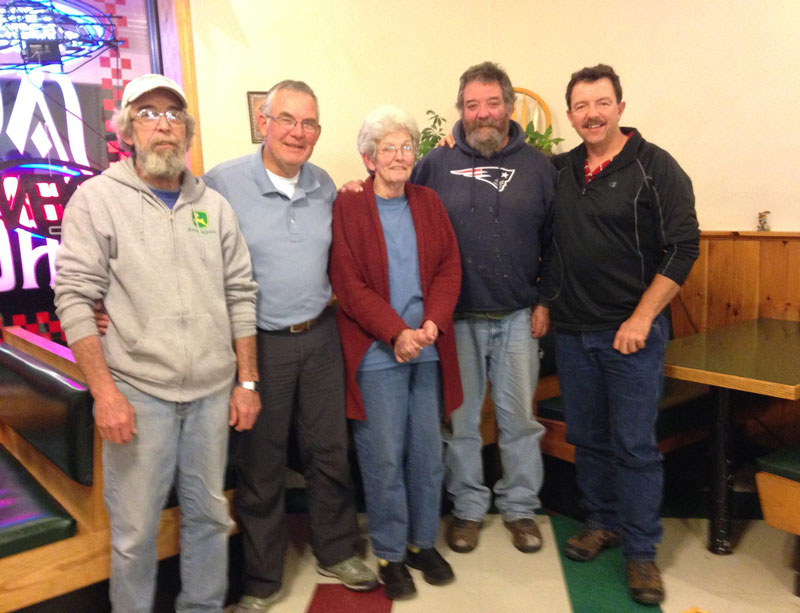Outliving Friends and Family as a Mesothelioma Survivor

When I was diagnosed with mesothelioma in 2012, I never imagined I would outlive Dr. David Sugarbaker, the surgeon who gave me a chance at long-term survival.
Just like I can’t imagine losing my longtime primary care doctor. It’s easy to take these people in your life for granted. Part of you expects them to be there to take care of you until you die.
Obviously, it doesn’t always work out that way.
It’s not something you often think about, but then it happens. To lose friends or people close to you — that as far as you know are healthy — can be hard for anyone, but especially if you have been diagnosed with a terminal illness.
The longer I survived with mesothelioma, the less I thought about dying.
So when you start seeing people around you die from things you didn’t know were wrong with them, it kind of takes you back.
I’m glad I’m still here, but there is a sense of guilt every time it happens. You ask: Why am I the one that is surviving? Why am I still here and they aren’t?
Thankfully, I haven’t lost any close family members since my diagnosis, but I do look at them and think: What if something happened to them?
My husband battled diabetes for years and died in 1995 from a cardiac arrhythmia. But until that very morning he was acting the same as always. He was as alive as he ever was, and then, in just a few minutes, he was gone.
Just another example of how quickly it can happen.
A False Sense of Security
I’ve survived pleural mesothelioma for six years. At a certain point, you get this false sense of security thinking that you’ve made it.
But the truth of the matter is I still have it, and it can return in full force at any given time.
I tell family and friends that I’m healthy and OK until my next scan. If the scan shows a recurrence, then I’ll deal with it.
But the longer you survive with cancer, the more you start thinking — and worrying — about dying from something else. You become more aware of your health and body.
When I’m not feeling well and it’s not the mesothelioma, I have to ask myself: What is it, and can it be fixed?
One of my biggest fears is I’ll develop something that’s fixable but not be a surgical candidate to fix it.
That’s one of the things I asked Dr. Sugarbaker about back in 2012 when I was preparing for my pleurectomy and decortication. But, of course, the answer was, “We’ll cross that bridge when we get to it.”
The other thing I have to be very careful of is who I go to when figuring out what’s wrong with me. You have to surround yourself with medical professionals who know your situation.
Sometimes, however, I may not have that choice.
For example, I could have an aneurism that starts to grow and be rushed my local hospital in rural Maine.
The first thing they’ll do is a CAT scan that will look like I have pneumonia because of the patch in my chest from my mesothelioma surgery. This could lead to a misdiagnosis.
These are things I now worry about as a mesothelioma survivor.
Appreciate Everyone, Live in the Moment
When I was a kid, 70 years old was ancient.
Now, I realize 70 isn’t that old. Even some of my friends in their 80s and 90s — chronologically, they’re old, but when you stop and look at the things they’re doing and the way they’re living their life, you realize they really aren’t.
Thinking about some of those people not being here is difficult to process.
It all goes back to my view on holidays since my mesothelioma diagnosis: Don’t take anyone or anything for granted.
Appreciate the people around you now because you don’t know what’s going to happen.
Living is a mindset. I don’t want or plan to live forever, but I want to live life happily and enjoy every day I have, because I’m not promised tomorrow.
I’ve survived mesothelioma for six years. This cancer may not be what ends up killing me.
I could die of a heart attack or be hit by a car tomorrow, so I want to make sure I’m happy today.